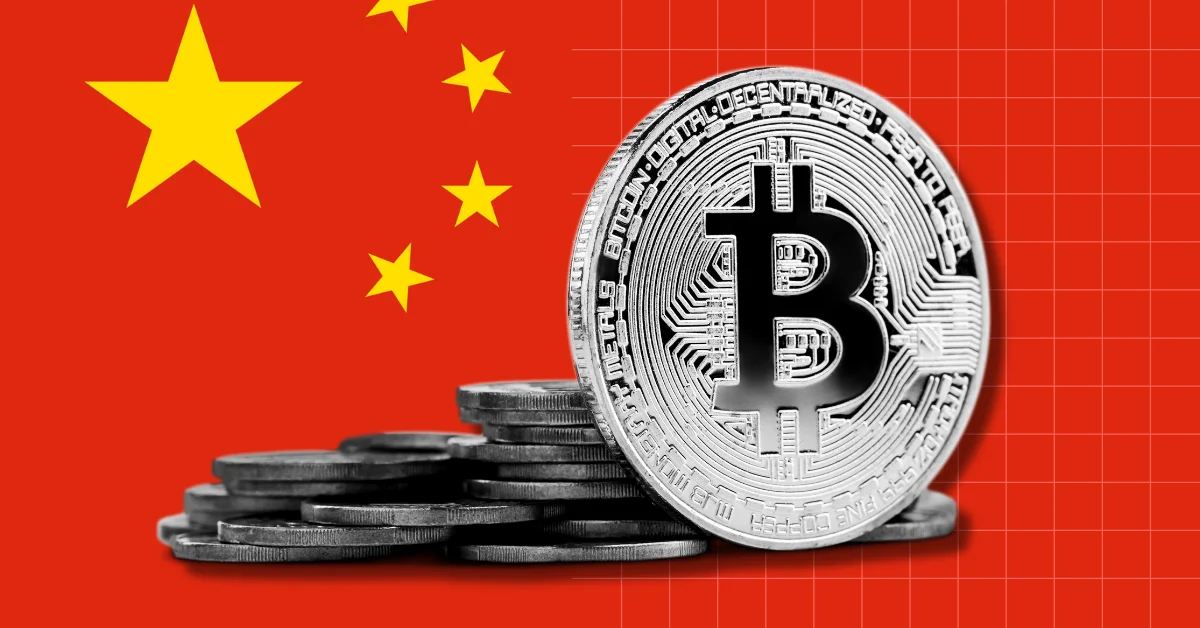China’s Central Bank Expands Gold Reserves In November After 6-Month Pause

Lately, the flagship cryptocurrency has been gaining widespread traction with institutions and governments intensifying their efforts to own Bitcoin. Recently, Fed Chief Jamie Powell and other analysts shared that Bitcoin is not a competitor to the dollar; rather, it is a competitor to gold. Bitcoin exhibits numerous similarities to gold, including its enduring nature, scarcity, and mining difficulty.
BRICS nations have also intensified their efforts to introduce their own currencies as part of a de-dollarization initiative. The decentralized finance, which is inclined toward Bitcoin, has been taken into account.
China, however, has not been convinced about legalizing crypto entities. The nation has opted to take small steps, like virtual tokens regulated by the stablecoin bill in Hong Kong, most recently. China has opted for gold as its reserve asset; in fact, in 2023, the PBOC was the world’s largest official sector consumer of gold.
In a recent development, China’s central bank expanded its gold reserves in November, ending a six-month pause in purchases after the prices for the precious metal rose to a record, official data by the People’s Bank of China (PBOC) revealed on Saturday.
In 2023, the People’s Bank of China (PBOC) was the world’s largest official buyer of gold. After pausing its 18-month buying streak in May, the PBOC may resume purchases, which could boost gold demand among Chinese investors. Notably, by the end of November, China’s gold holdings increased to 72.96 million fine troy ounces, up from 72.80 million the previous month.
“The resumption will send a signal that the PBOC has grown accustomed to these record high price levels and is prepared to build reserves regardless,” noted Ole Hansen, head of commodity strategy at Saxo Bank as per a Reuters report.
Gold hit an all-time high in October, driven by increasing haven demand amid tensions in the Middle East and Ukraine and the uncertainty surrounding the recent US presidential elections. The metal has erased some of the gains after a Trump victory and geopolitical tension in the Middle East showed signs of de-escalating.
In addition, China’s consumers have decreased their demand for bullion as prices have increased by nearly 30% thus far this year. Although gold bars and coins have maintained their value for the first three quarters, retail sales of discretionary items such as jewelry have dropped as investors seek to safeguard their wealth from a weakening economy.



